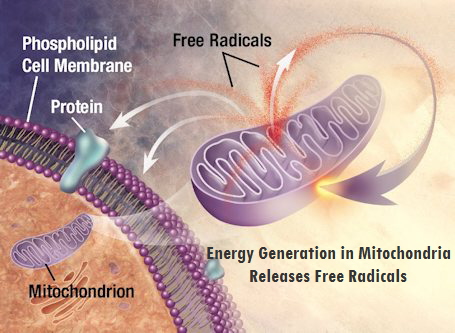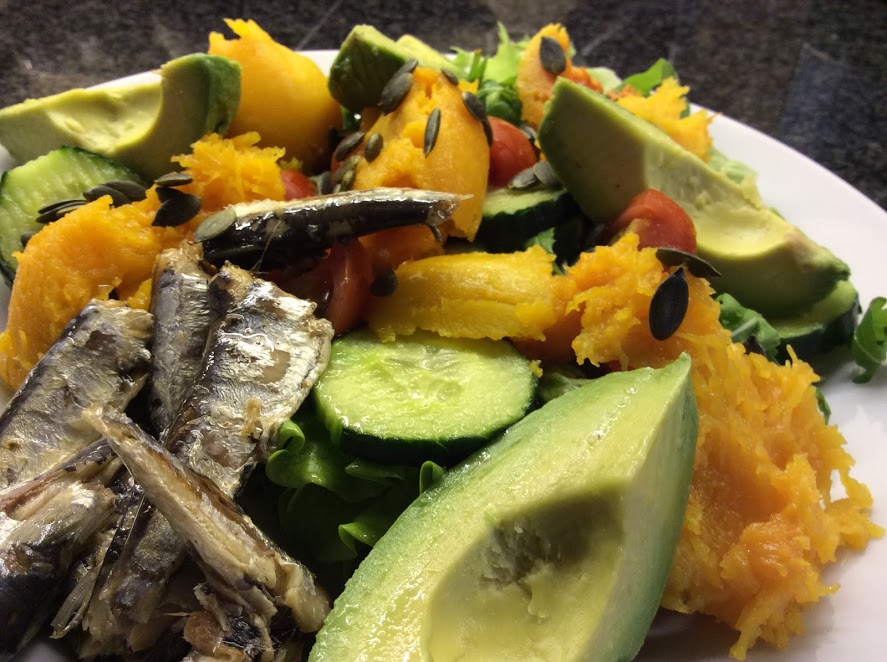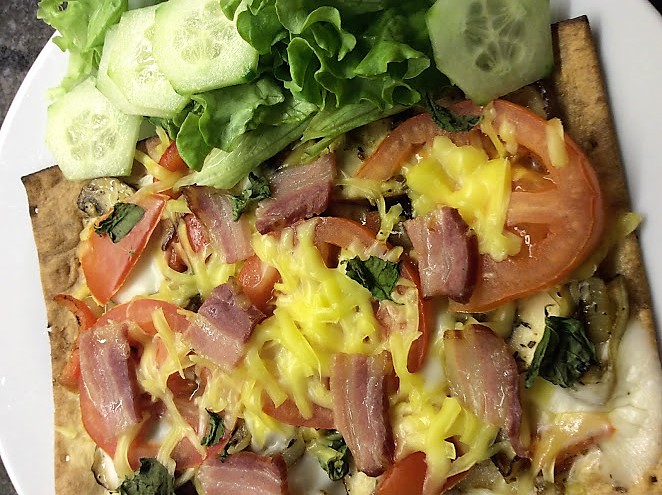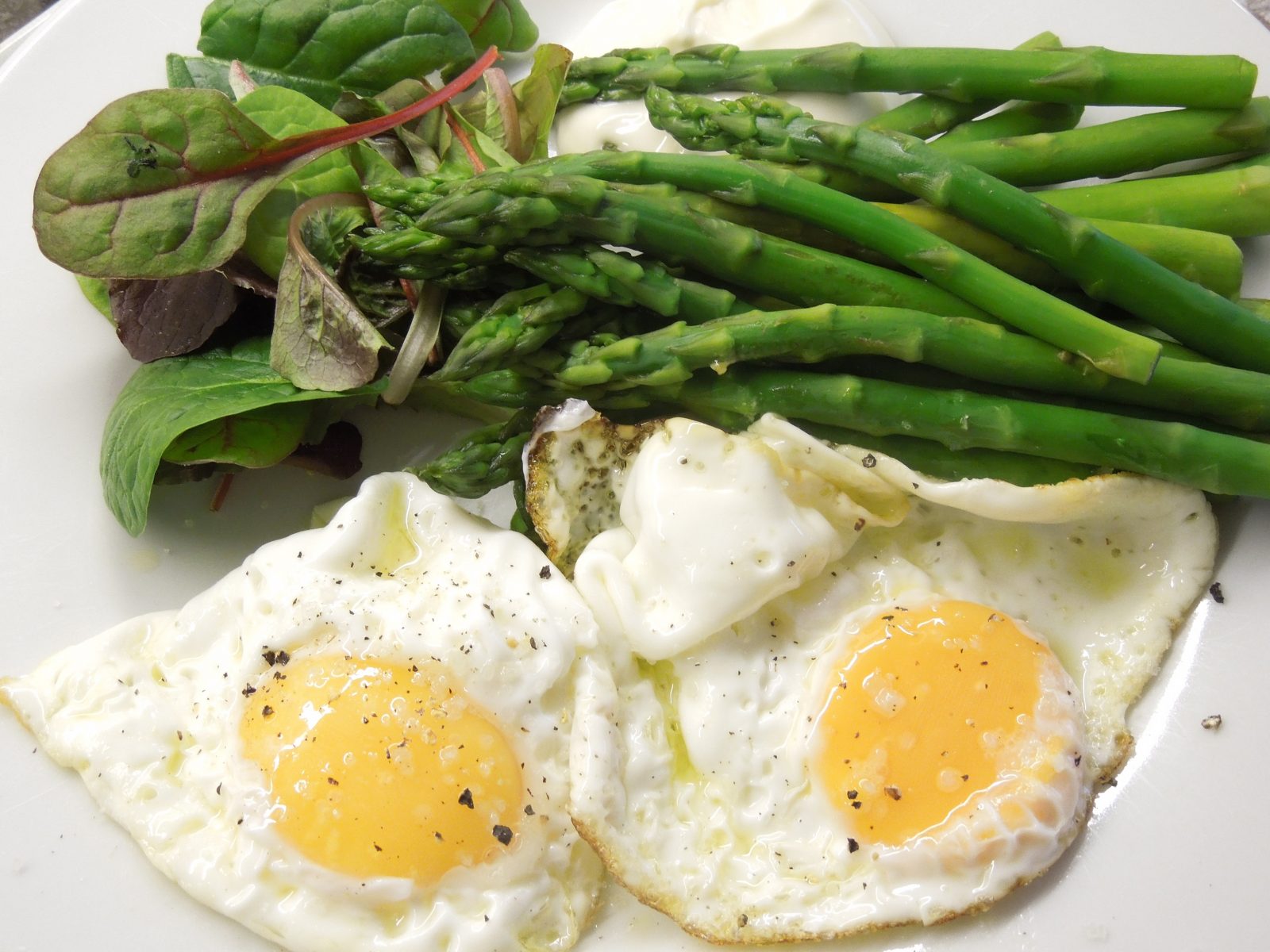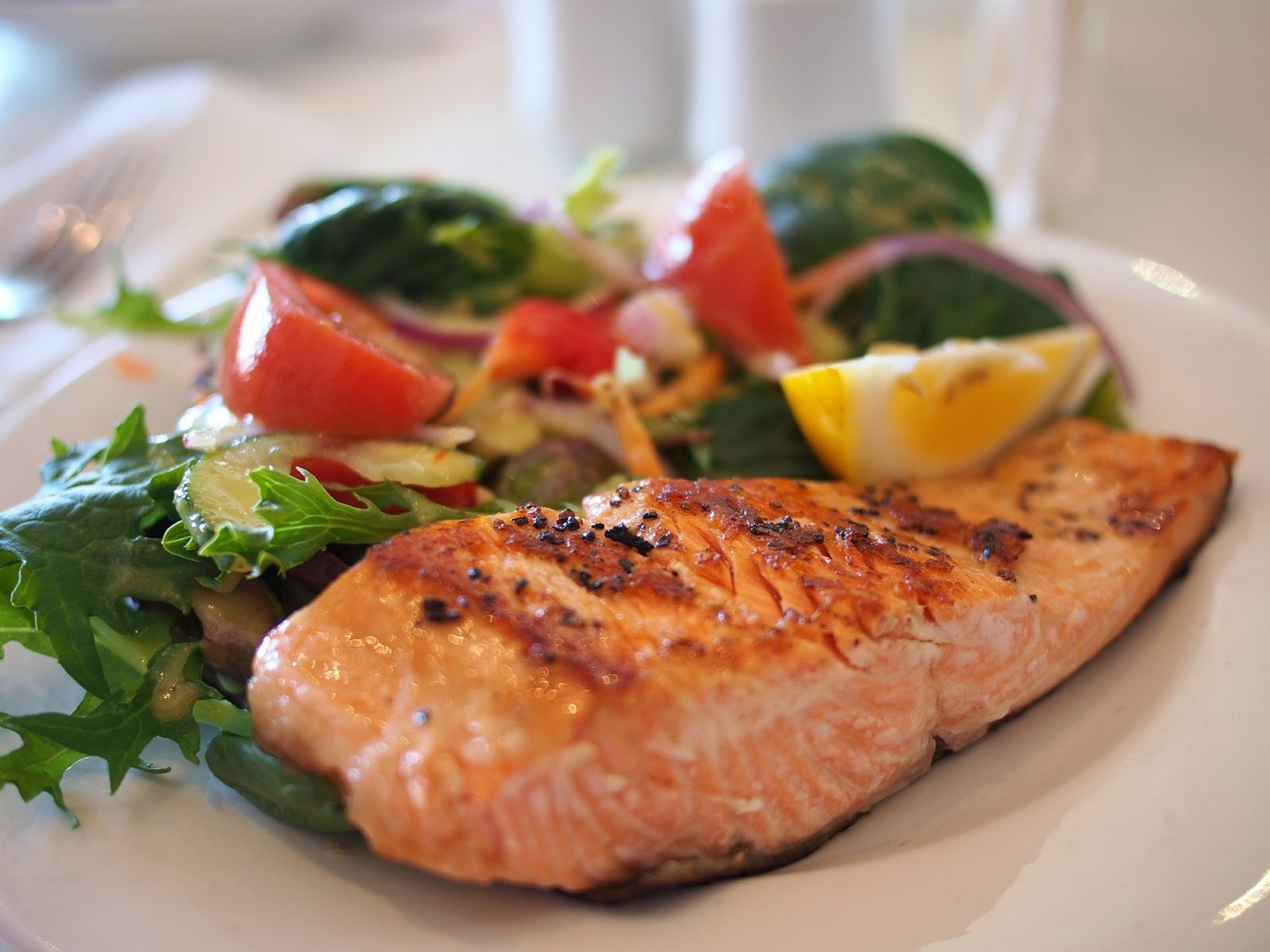Mitochondria are the ‘power houses’ of our cells. They use the oxygen we breathe and the food we eat to produce energy. ‘We are what we eat’ and what we eat has changed dramatically in my lifetime. Chronic disease is now the scourge of the developed World, it is challenging our Health and Social Services to the limits. It is limiting our quality of life but I believe that by nurturing our Mitochondria we can help prevent or even reverse chronic disease.
I am going to be controversial here and say that I believe the the way that we live, eat and drink is damaging our Mitochondria and disrupting normal bodily functions and natural healing. I do not believe that our bodies start attacking themselves – we are designed to self heal if given the right conditions but our mitochondria can become overwhelmed with toxins, bacteria, viruses, stress and at the same time not have the basic nutritional ingredients they need to provide enough energy to function correctly or repair. Diseases like Scurvy (lack of vitamin C) and Beriberi (lack of Vitamin B1) are easily cured by addressing those individual nutrients but Mitochondrial disease/dysfunction is affected by many nutrient imbalances that affect many different cells and systems.
These mitochondrial dysfunctions maybe at the heart(no pun intended) of most ‘Auto-immune’ disease. Weakened mitochondria are passed from Mother to child and therefore chronic disease is exacerbated with each generation unless action is taken to restore good, balanced nutrition and lessen the toxins in our environment. There are approximately 200 diseases confirmed or with strong scientific evidence for auto-immune origins. (reference Sarah Ballantyne PhD) If you have one you are known to be much more likely to get another – ever thought why?
Damaged Mitochondria trigger an immune response much like an infection, this can induce inflammation that if untreated can further damage Mitochondria. This vicious cycle continually worsens Mitochondrial and immune function, which promotes the occurrence of chronic conditions and severe disease.
Chronic Mitochondrial Disease
Take Reiter’s Disease, not often referred to these days but I was aware of it because of my Ophthalmic nursing -this is an Auto-immune disease that presents as a reactive arthritis, inflammation of the eye, inflammation of the urethra and also the skin. It is thought to have a genetic predisposition (HLA-B27) and may also be connected to infection in the gut. My son had all of these plus lichen planus, a skin rash that also affects mucous membranes and Erythema nodosum, painful nodules that appear under the skin – usually on the shins. I mention this because it is one of the few cases where a pattern of inflammation affecting various sites in the body was linked to a possible infection in the gut and and also a genetic disposition. This is frequently now said of many other ‘Autoimmune’ conditions but they are not usually linked by a name or described as a syndrome.
Look at some of the labels given to Chronic diseases that are frequently linked or progress to other parts of the body.
CHRONIC FATIGUE SYNDROME * FIBROMYALGIA * LUPUS * HYPOTHYROIDISM/HASHIMOTOS * GRAVES DISEASE/ HYPERTHYROIDISM * DEPRESSION/ANXIETY * INSOMNIA * HEART DISEASE/ARRYTHMIAS * DIABETES * SKIN PROBLEMS * NEUROPATHY * DEMENTIA/ALZHEIMER’S
What if these are all problems with Mitochondrial dysfunctions that have developed due to inherited weakness and the trigger that is infection/stress/poor nutrition/toxins that have pushed our mitochondria beyond normal recovery levels resulting mainly in inflammation and failure of systems. This is chronic mitochondrial disease.
Acute Mitochondrial disease
There are some diseases that present as acute and the patient quickly goes into organ failure. As an illustration lets look at a Marathon runner where even a young healthy person can induce this – training takes weeks/months and the body gradually adjusts to the extra demands but on the actual race day less is within the control of the runner. The stress levels will be much higher, maybe the day is too hot or too cold, maybe only water is drunk rather than isotonic fluids and the runner pushes themselves beyond their physical limit. I remember the photos of David Wyeth at the end of the London 2017 Marathon when another competitor virtually carried him across the line and he has said since that he regrets putting himself at risk. He was lucky, several athletes have died during or following Marathons or Triathlons and the cause is often said to be ‘not known’, ‘possibly dehydration’, ‘heat stoke’ or heart attack but what we are seeing is the mitochondria cannot supply the necessary energy demanded, cellular energy is acutely stressed and the muscles, heart and brain demand the most so collapse is imminent. In this situation, or any acute mitochondrial situation, what can be administered is nicknamed a Banana bag or rally pack that is a bag of I/V fluids containing vitamins and minerals. Typically this is a litre of normal saline with
- Thiamine B1 100mgs,
- Folic acid 1 mg
- multivitamin ampule (mainly other B vitamins and Vit C)
- Magnesium sulphate 3g
The Magnesium helps stop spasm and cramps and is essential for Mitochondrial function. It is known that many of us are Magnesium deficient due to modern diet already so any extra stress put on the body can deplete it rapidly.
If you are considering entering a Marathon or similar event then I would suggest taking supplements that support your mitochondrial energy and boost ATP.
Essential nutrients for healthy Mitochondrial function.
- Oxygen
- B Vitamins (needed daily because water soluble and not stored)
- Thiamine B1 is especially important, nicknamed the spark plug to energy, but often ignored!
- Minerals – including Magnesium, Potassium, Manganese, Zinc, Copper, Selenium, Sulphur and iron
- N-Acetyl Cysteine
- N-Acetyl Carnitine
- Alpha Lipoic Acid
- Co-Enzyme Q10
- Vitamin C
- D-Ribose (used by the body to synthesise and support the energy pool- essential to cellular metabolism.
Vegetarians and Vegans frequently do not get enough CoQ10, L-Carnitine or B12 plus other B vitamins because our primary source is meat.
It is possible to nurture our Mitochondria by eating a nutrient rich diet, low in processed foods, low in toxins and inflammatory foods like sugar and processed grains. Our modern diet has drastically increased input of processed and natural carbohydrates and reduced our Omega-3 anti-inflammatory fats and natural saturated fats while increasing substantially the Omega-6 and trans-fats in cooking oils, processed foods and margarines. Oxidised Omega-6 oils (trans-fats) are known to damage DNA.
A healthy ratio Omega-6 – Omega-3 is considered to be 1:1 – 4:1 but in a diet full of processed food, Take-outs and fried foods this can easily go to 30:1 Healthy fats for Omega-3 are oily fish, seafood and flaxseeds and then Omega-9 fats in olives, olive oil, avocados and avocado oil, walnuts and macadamia nuts that all have anti-inflammatory properties. Some Omega-6 fatty acids are also beneficial – CLA come from grass-fed meat and dairy and GLA comes from green vegetables or supplements like Evening Primrose oil or Borage oil. The conversion of Fatty acids to anti-inflammatory Prostaglandins in the body is dependant on Magnesium, Zinc, Vitamins B complex and C.
Diet choices
There are so many promoted diets out there that everyone gets confused (including Nutritionists). The basic aim is, as above, to reduce inflammation by reducing Carbohydrates and especially sugar while increasing healthy high quality fats. The Mediterranean Diet has always been considered a good starting point and certainly it contains far more good fats, fish and shell fish, and more nuts, fruit and salad than most other diets. They tend to use the whole animal and cook on the bone more than we do, they drink more coffee, wine and use garlic a lot – all things I love! They also get plenty of Vitamin D from the sun and plenty of social interaction in a more relaxed lifestyle than many places.
The Paleo and Paleo AIP Diets definitely convey many benefits to Mitochondrial health but I still developed new Hypothyroid symptoms while on it and certainly going too low on carbs can predispose you to this plus low B Vitamins from not eating cereals/grains. I would advise people to supplement with certain Vitamins and avoid gravitating towards too many processed ‘gluten-free’ foods if you are avoiding gluten and dairy on any diet.
After 6 months of intensive research and a lot of ‘Bio-hacking’ myself I came up with a diet and supplement regime that has improved most signs and symptoms and feelings of well-being. As I didn’t especially want to ‘name’ yet another new diet or join the ever expanding choice of new diet books (although royalties from a book would have been nice!) I searched for comprehensive research already out there that would support what I have found works.
First there is The Mito Food Plan from the Institute of Functional Medicine – this is available free online and is a full guide with explanations that are easy to follow.
Secondly, I had a Eureka moment when I discovered ‘The Perfect Health Diet‘ by Paul Jaminet Phd and Shou-Ching Jaminet Phd who back it up with plenty of research and good personal testimonies. It is a low to moderate carb(20%), high healthy fats (65%) and moderate protein (15%) diet. It is available as a book with all the scientific back up or the basic principles are available free online with a fantastic ‘Apple Plate’ graphic detailing what to eat and what to avoid – print it out and pin to your fridge or kitchen cupboard! I love the fact that it includes dark chocolate(full of Magnesium), coffee, nuts and wine, in moderation. Be open to varying the portions slightly – I personally feel I need more protein – and sometimes chocolate 🙂
Supplements to nurture mitochondria
I started with (a) Vitamin B1 (Thiamine) 100mg a day
(b) BioCare Methyl B Complex
(c) CoQ10 100mg
Vitamin D3 plus Vitamin K2 (to prevent calcium deposits)
Food state Selenium
Krill oil with EPA and DHA 500mg
then I found
BioCare Mitoguard which contains a daily dose = (2 capsules) of
Thiamine (B1) 100mg, Riboflavin(B2) 60mg, Niacin(B3)100mg, D-Ribose 1000mg, N-Acetyl Carnitine 200mg, N-Acetyl Cysteine 100mg, Alpha Lipoic Acid 100mg, CoQ10 100mg, Korean Ginseng extract 40mg.
so this replaced a, b and c above therefore not too many pills to take!
I also bought some D-Ribose powder that I add to coconut milk yogurt most mornings and my energy both physical and mental has improved 10 fold.
Summary
My ‘Bio-hacking’ has resulted in 3 weeks on a Cruise where I actually lost 2lb despite eating plenty and drinking wine with my meal each night. My energy, mental clarity and general well-being has greatly improved. My resting pulse still drops below 45 and my blood pressure is low but my morning temperature has recovered from a dire 34C to a constant 36C – so a good indication of increased metabolism (Mitochondria) and my Peripheral Neuropathy has disappeared. The only symptoms to have not improved are pulse and Heart Arrhythmia and therefore I have an appointment with a Functional Medicine Doctor to discuss starting on Natural Desiccated Thyroid treatment. Having been Hypothyroid for several years I know I should have sought treatment earlier but I at least know that I have optimised my thyroid production and Mitochondrial health – which I will continue to do. Hopefully other people will follow this regime to boost their Mitochondria and prevent or reverse chronic disease – whatever it’s origin.
Taking responsibility for your own health is always a good step forward and I would love to hear from anyone in my comments section.
I will update my progress in future posts.
